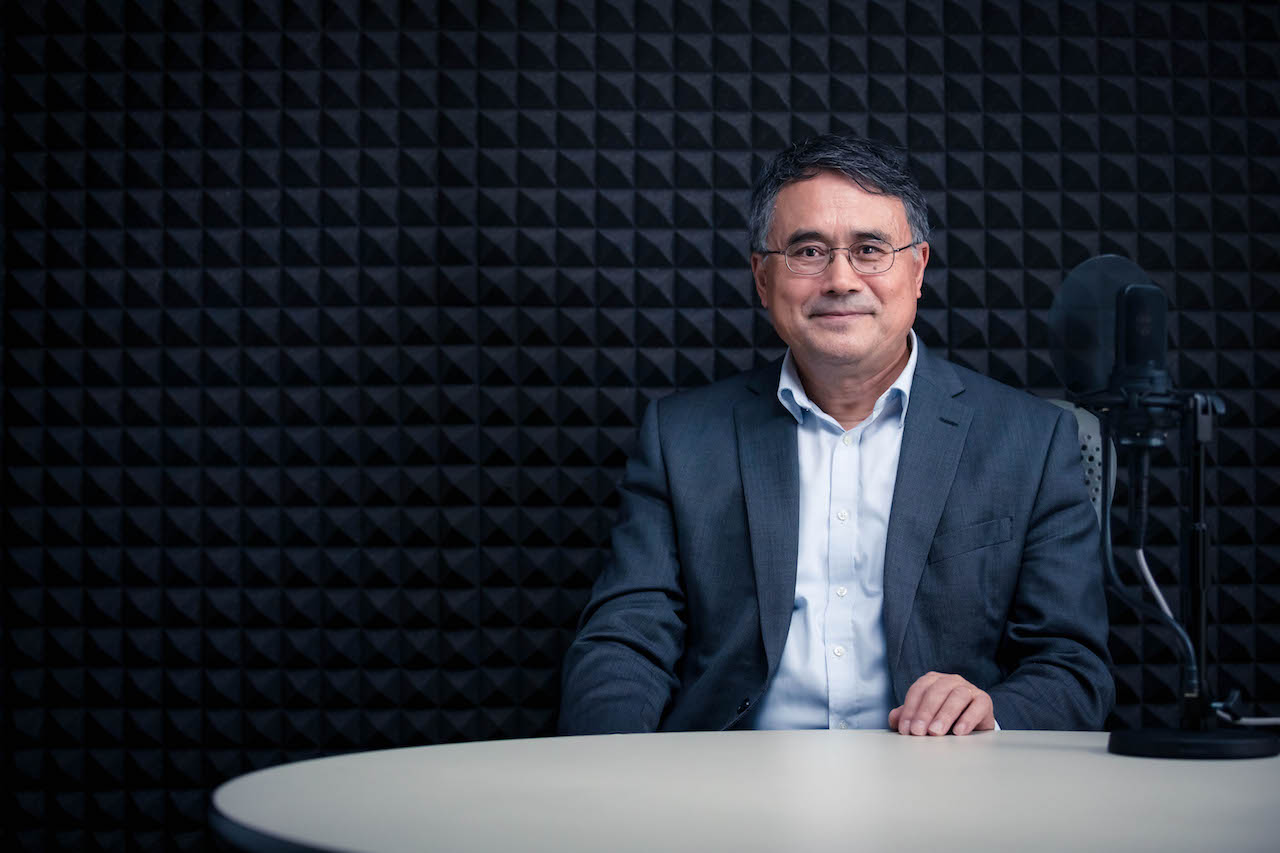+ Dr. Sebastian Kim introduces 1 and 2 Peter from a Korean Christian perspective, looking at Christ as our firm foundation and at our role as a people belonging to God.
 Sebastian Chang Hwan Kim is assistant provost for Fuller’s Korean Studies Center and professor of theology and public life in the School of Theology. His scholarship interests include public theology, world Christianity, Asian theologies, and theology and peace building. He has authored four books.
Sebastian Chang Hwan Kim is assistant provost for Fuller’s Korean Studies Center and professor of theology and public life in the School of Theology. His scholarship interests include public theology, world Christianity, Asian theologies, and theology and peace building. He has authored four books.

“1 and 2 Peter will teach us about our firm foundation in Christ. . . but in addition to that, the epistles talk about our role in society, our witness, and our contribution to peace and justice.” – Sebastian Chang Hwan Kim
Transcript
Sebastian Kim introduces 1 and 2 Peter from a Korean Christian perspective, looking at Christ as our firm foundation and at our role as a people belonging to God.
My name is Dr. Sebastian Kim, assistant provost for the Korean Studies Center and the professor of theology and public life. I’m going to talk about 1 and 2 Peter today.
1 and 2 Peter were written for the people who are early Christians. And it was widely read in the Roman province of Asia Minor. And these epistles are dealing with Christian life and faith. And I will say that there are three lessons we can learn from the epistles.
So the first aspect of the epistles is talking about the firm foundation in Christ. And the passage is talking about Christ as the living stone, rejected by people, but chosen by God and precious to him. And also the epistles continue to say, “you also, like living stones to be holy priesthood, offering spiritual sacrifice.” This is very deep theological meaning. Our faith is on the base of Christ, the rock, the living stone. And Christ provides us a solid rock–so we are talking about the rock of salvation.
The second aspect the epistles are talking about is the identity–building up our identity. Also, building up the character as we have our firm faith in Christ. 1 Peter defines our identity as a chosen people, royal priesthood, holy nation, a people belonging to God. So in the midst of difficulties and sufferings, for Koreans this is a tremendous comfort and encouragement, for them to have this identity in Christ. And it provides a tremendous self-confidence in the gospel.
The third aspect of the epistles’ teaching here is our lives for others and our contributions to the neighbors and our society. There, the Koreans took it very seriously. And particularly, they were very much involved in witnessing to the neighbors. So the early Protestant Christianity, you have so many lay people and women evangelists who were involved in evangelizing the nation. So they visited villages, and also in the city area, they made a kind of a gathering of the people and preached the gospel. But also, in the midst of a human rights struggle under the military-backed government in the 1960s and 70s, Korean churches were involved in promotion of the human rights and promotion of the democratization movements.
So that was the kind of important aspect and contribution of the Korean churches. And helping the poor and the needy. Of course, Korean churches have weaknesses, and problems, and difficulties, but Korean churches also have this great enthusiasm in studying the Bible and also practicing what the Bible teaches us. And particularly, this 1 and 2 Peter will teach us and give us our firm foundation in Christ, but also our identity in Christ, and also developing our character. But in addition to that, the epistles talk about our role in society, our witness, and our contribution to peace and justice in the society.
